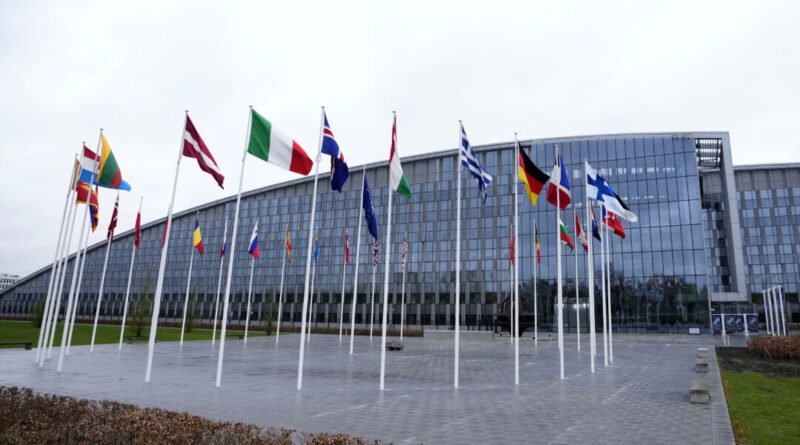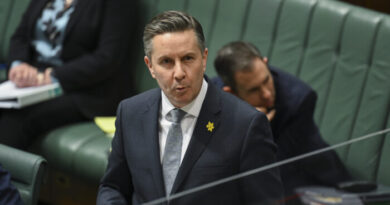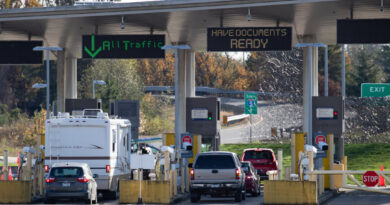Cory Morgan: Canada’s Opportunity to Restore its International Standing at NATO Summit
Commentary
Prime Minister Justin Trudeau will face pressure about Canada’s defence spending as he attends the upcoming North Atlantic Treaty Organization (NATO) summit in Washington.
Members of NATO are expected to maintain a defence budget of 2 percent of their nation’s GDP to be part of the alliance. Canada falls well short at 1.4 percent, and while Ottawa recently set a target to increase spending to 1.76 percent of GDP by the end of 2030, it still hasn’t fulfilled the obligation and there hasn’t been a plan laid out on how to get there.
To be fair, spending on Canada’s defence was neglected as a priority long before Trudeau became the prime minister. The size and state of Canada’s military also withered under previous administrations. It was easy to neglect to spend on Canada’s forces when enjoying the defence of a superpower as a southern neighbour.
NATO is a creature of the Cold War. The alliance was formed as a defensive body to keep the Soviet Union in check in case the USSR decided to expand its borders. When the Soviet bloc collapsed in Europe, the need for a unified defence force in Western Europe was less acute. Many member nations of NATO began to let their defence spending decline, and other nations were willing to let them skate on their obligations. It just didn’t look like a top priority.
That all changed with the Russian invasion of Ukraine. Russian President Vladimir Putin has made it clear he has expansionist ambitions. And, whatever calculus lead to the confrontations, the conflict has continued and nearby nations fear they could be next.
Members of the alliance can no longer neglect their obligations if they want to use their might as deterrence, and with Canada being sixth from the bottom of the list of 32 nations in spending, it’s sure to be called out at the summit.
The summit, to be held July 9–11, will be politically complex as it’s an election year in the United States, and it’s not clear who will be at the helm after the election.
Trudeau will be pressured and distracted by events in Canada as he faces dissent from some MPs in his caucus who want a new leader. Hopefully, the prime minister and his team have a plan to address the criticism they will be facing at the Washington summit and can maintain friendly relations with the frustrated partners.
Organizations such as NATO may suddenly become critical to Canada’s defence, and it will be tough to ask for help in a crisis if we continue to refuse to pull our own weight.
Ever one to say the quiet things out loud, former President Trump has been blunt. At a recent rally in South Carolina he said: “You didn’t pay? You’re delinquent?‘ … ’No I would not protect you.” That may have been hyperbole on his part, but it certainly illustrates his attitude on the issue should he become the American president again soon.
There is a lot on the line for Canada at the Washington NATO summit. This could be a chance for Trudeau to salvage some of Canada’s reputation as an international player. If Canada is to prove itself as a worthy NATO member as a contributor toward, and possible recipient of NATO defence, the time to establish that role is next week.
Views expressed in this article are opinions of the author and do not necessarily reflect the views of The Epoch Times.





